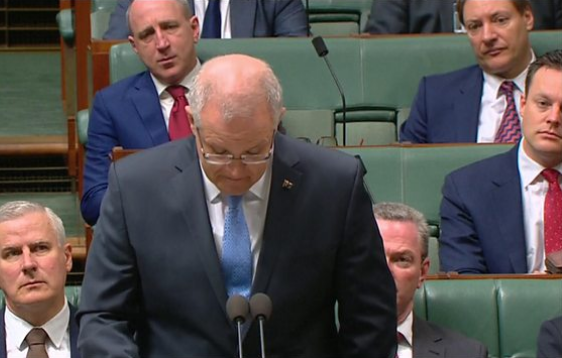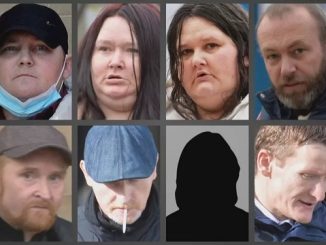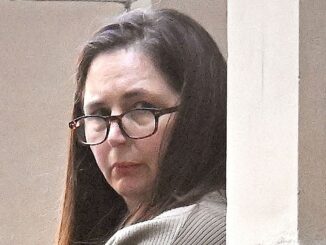
Australian Prime Minister Scott Morrison has given a national apology to victims of child sexual abuse.
Hundreds of people gathered in Canberra on Monday to hear Mr Morrison deliver the emotional address in parliament.
It follows a five-year inquiry which found tens of thousands of children had suffered abuse in the nation’s institutions over decades.
“Today, we finally acknowledge and confront the lost screams of our children,” he said.
“We must be so humble to fall before those who were forsaken and beg to them our apology.”
The inquiry, which concluded last December, heard more than 8,000 testimonies from victims about abuse in organisations such as churches, schools and sports clubs.
With his voice trembling at times, Mr Morrison acknowledged the suffering of victims and condemned institutional failures.
“Why were the cries of children and parents ignored? Why was our system of justice blind to injustice? Why has it taken so long to act?” he said.
Survivors shed tears and held hands as the apology was given, but some later expressed frustration at the government’s wider response to the inquiry.
“As one survivor recently said to me: ‘It wasn’t a foreign enemy who did this to us. This was done by Australians to Australians, enemies in our midst, enemies in our midst.’
The enemies of innocence.
It happened day after day, week after week, month after month, decade after decade, unrelenting torment.
When a child spoke up, they weren’t believed and the crimes continued with impunity.
One survivor told me that when he told a teacher of his abuse, that teacher then became his next abuser: trust broken, innocence betrayed, power and position exploited for evil, dark crimes.”
Leader of the Opposition Bill Shorten told parliament: “There are wrongs that cannot be made right. But know that today, Australia says sorry.”
The parliament later stood for a minute of silence.
Victims and their supporters travelled from around the nation to hear the apology in Canberra.
“They are coming with very heavy hearts,” said Leonie Sheedy, the chief executive of Care Leavers Australasia Network.
“It is a wonderful thing our country’s apologising, but there is so much more work to be done.”
One survivor told the BBC: “For me it gave me a lot of comfort to hear [the apology]. At least we lived long enough to hear it.”
Many survivors have criticised the government’s response to the inquiry – especially its terms for a national compensation scheme.
Victims are eligible for payments of up to A$150,000 (£80,000; $106,000) each. Some say the compensation is not enough, and onerous to obtain.
Mr Morrison said the government had accepted most recommendations from the inquiry, but it was still considering the remaining proposals.
Those not yet adopted include recommendations where federal and state responsibilities overlap. The most contentious is a proposal to make reporting abuse mandatory.
In August, the Catholic Church formally rejected that call – meaning it will not force priests to break confession rules.
On Monday, Mr Morrison committed to establishing a museum of remembrance to memorialise victims’ stories.
In their final report, the commissioners said: “It is not a case of a few ‘rotten apples’. Society’s major institutions have seriously failed.”
They said over 15,000 people had contacted the inquiry, raising allegations against more than 4,000 institutions.
Religious ministers and school teachers were the most commonly reported perpetrators. The greatest number were in Catholic institutions.
All states and territories, and many institutions, have since signed up to the federal government-led compensation scheme.
Many not alive to hear apology
Hywel Griffith, BBC News in Canberra
Deep in symbolism, decades overdue – the word “sorry” can mean so much and yet change so little.
For many, the apology brings recognition of their pain, suffering and anger. But inevitably, for thousands of others who have died – many through suicide – it has all come far too late.
Many of those gathered in Canberra tell me the real test of the government’s sincerity will be in how it responds to the remaining recommendations.
While the apology carries real weight, many survivors want greater action.
Source: bbc.co.uk






Be the first to comment